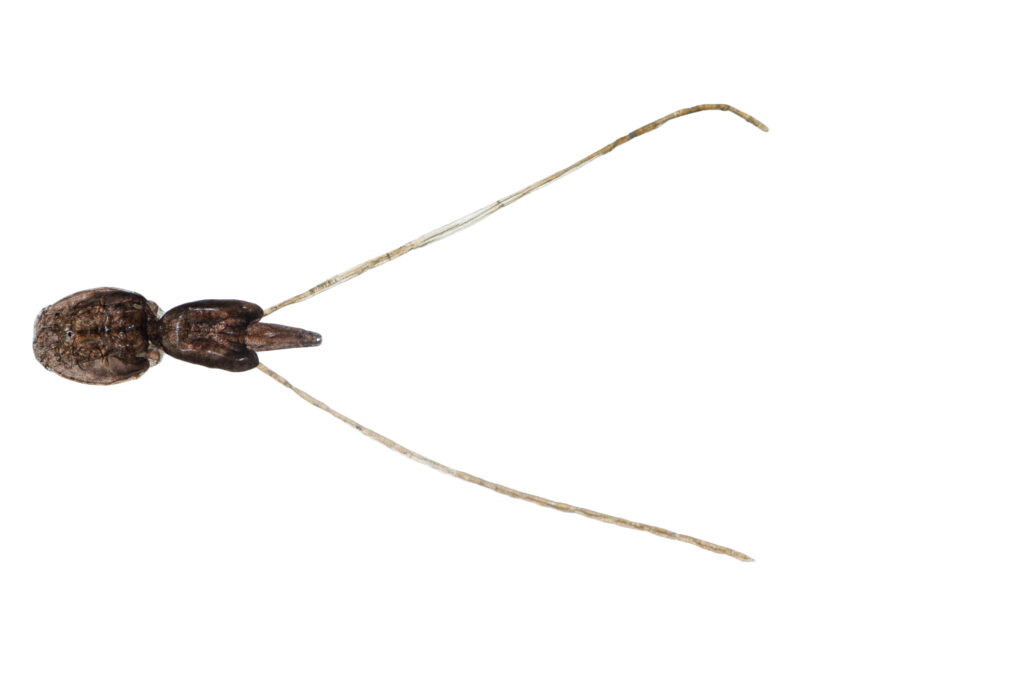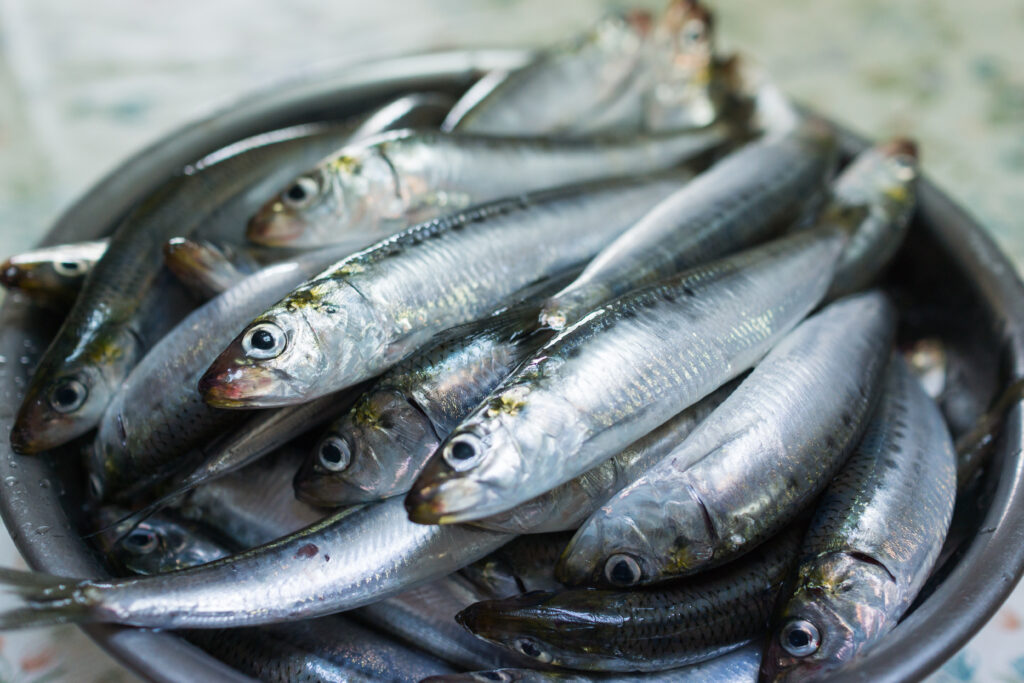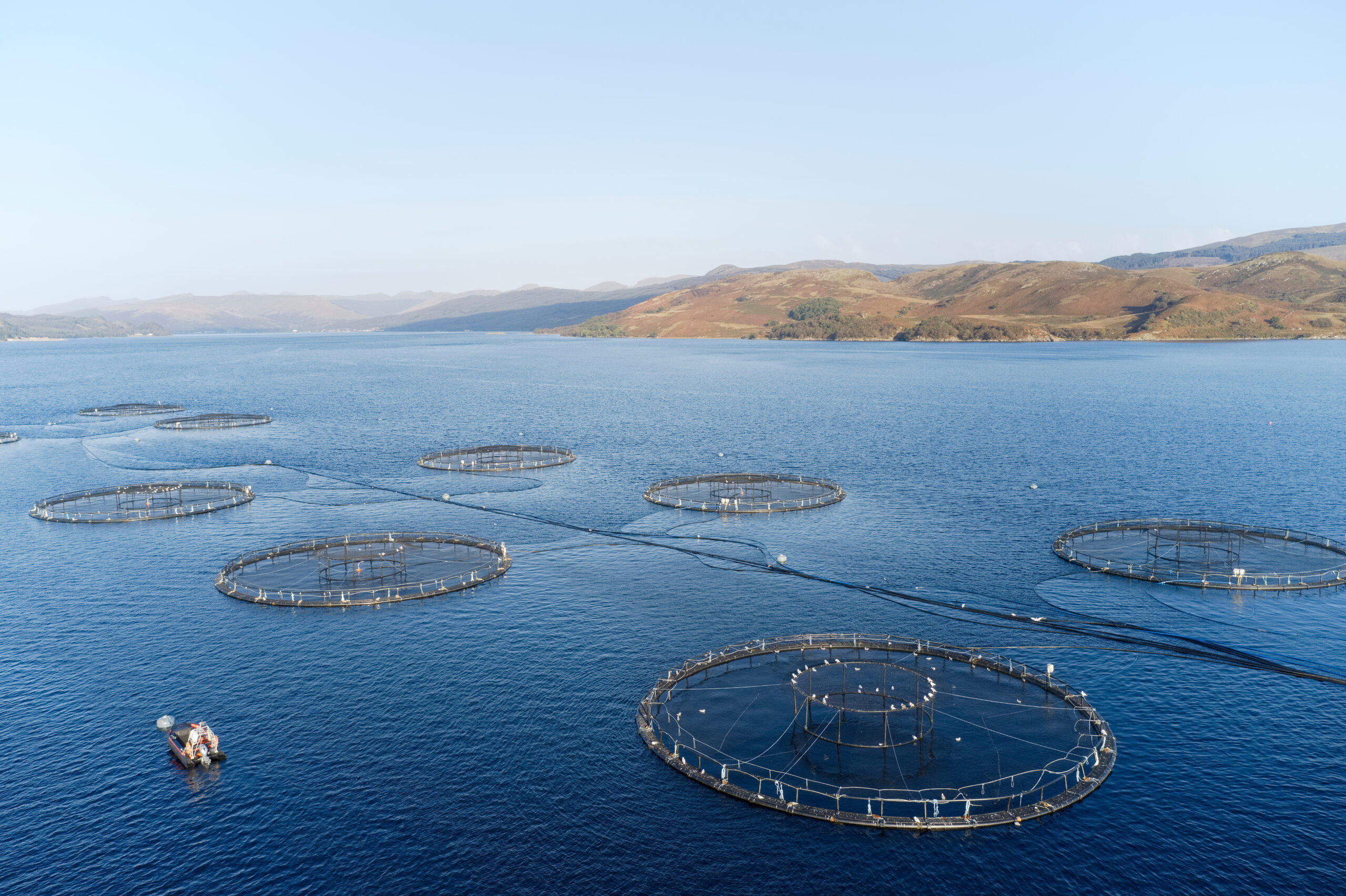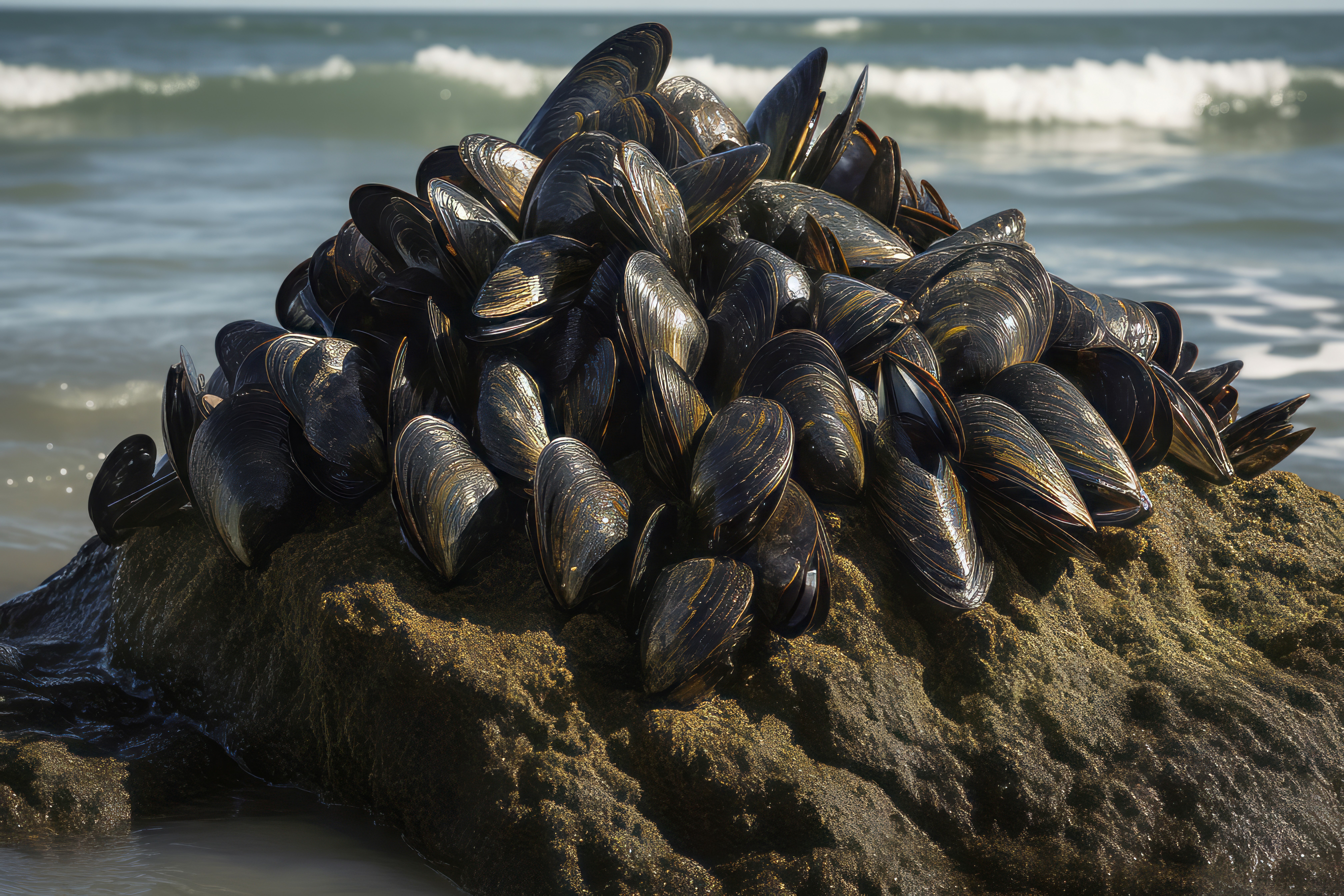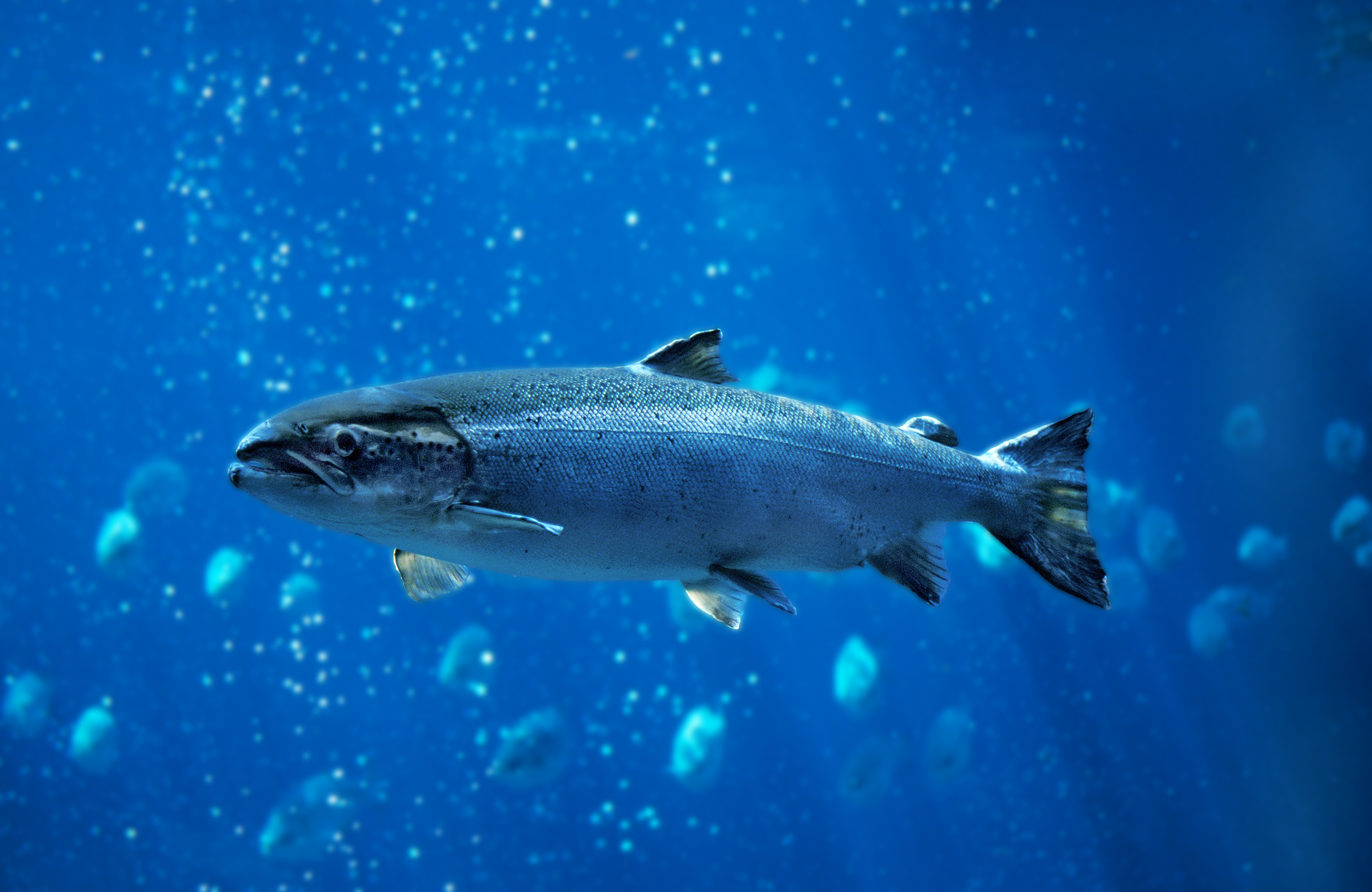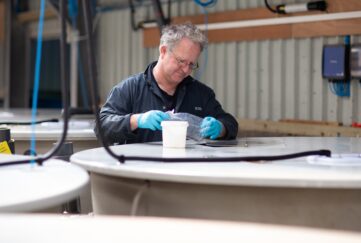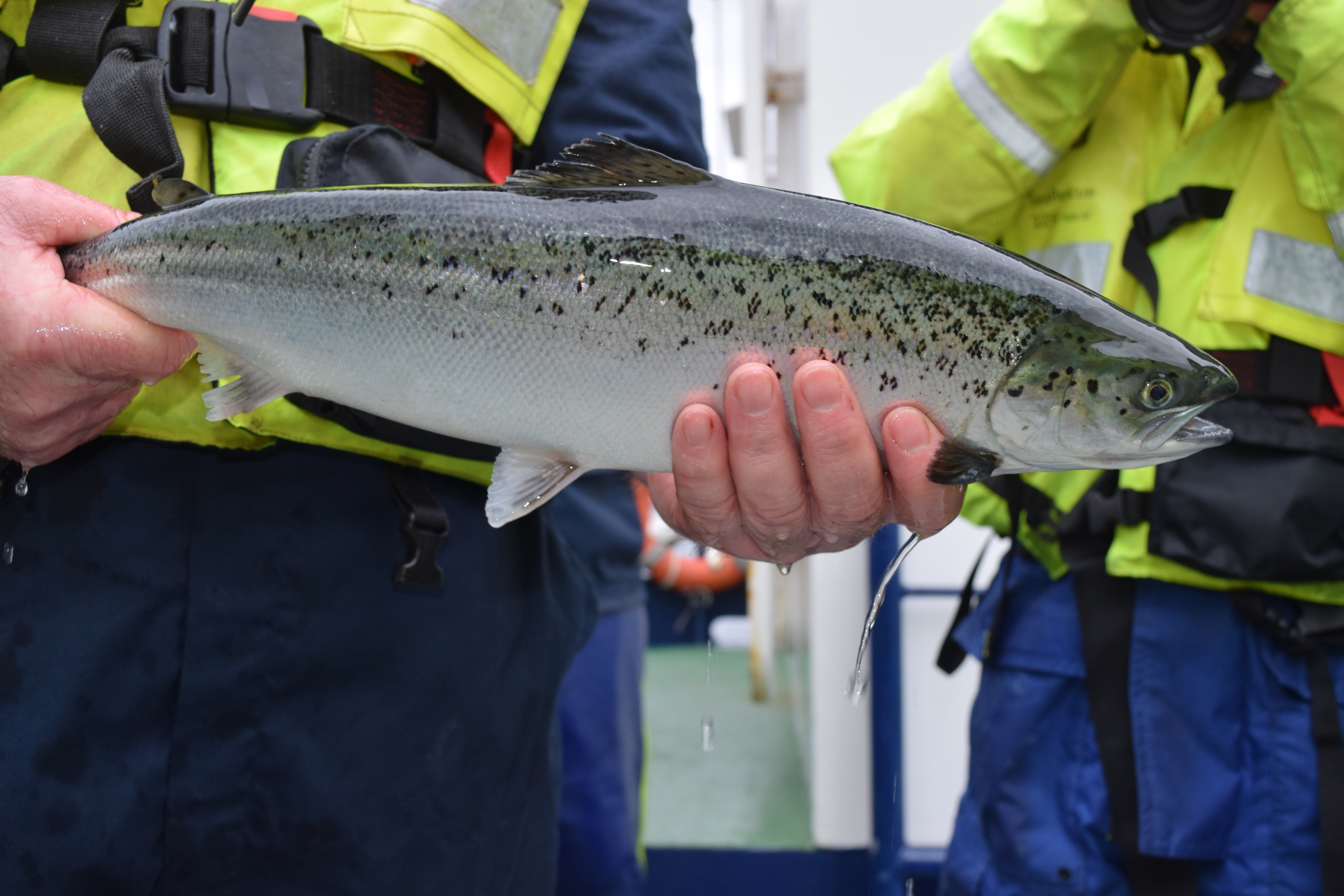Posts Tagged ‘Institute of Aquaculture’
Seafood in an insecure world
A new collection of academic essays explores global food security issues and the role of aquaculture.
Read MoreAvie-more than ever
The political weather might be stormy, but the Highland weather was kind for Aquaculture UK. Robert Outram reports.
Read MoreGrant helps novel sea lice vaccine research to next step
Hopes for an effective vaccine against sea lice have been boosted with the news of a grant that is helping research into a further stage. Partners from the University of Stirling’s Institute of Aquaculture, AQUATRECK Animal Health SL and Moredun Scientific have been awarded almost £50,000 from the Sustainable Aquaculture Innovation Centre (SAIC), after the…
Read MoreMore wild fish should be eaten, not fed to salmon, scientists say
Consumers would get a better mix of nutrients if they ate more of the wild fish species that are typically used for salmon feed. That’s the message from a study by scientists from four leading UK universities, who analysed the nutrient content of wild caught fish such as mackerel, anchovies and herring and compared it…
Read MoreAward launched to recognise salmon farming’s rising stars
A new award, backed by the salmon industry and academia, will recognise the achievements of young people working in aquaculture. The Young Aquaculture Society (YAS)’s Early Career Innovators Competition is being launched by the University of Stirling’s Institute of Aquaculture (IoA), trade body Salmon Scotland and Diversified Communications, organisers of the Aquaculture UK trade show…
Read MoreStudy reveals patterns in mussel population diversity
Innovative new research by the University of Stirling’s Institute of Aquaculture could help improve mussel farming practices and lead to increased production. Blue mussel aquaculture is an important sustainable and eco-friendly way of producing a protein source, but the industry has been facing challenges resulting in production fluctuations. The University of Stirling study saw scientists…
Read MoreAnti-ageing supplement ‘could help salmon’
A diet supplement already consumed by humans for its anti-ageing benefits could be used to help salmon digest feed and improve their natural disease resistance, with feed trials kicking off next month. A team of aquaculture and veterinary experts are looking at the impact of adding spermidine – a compound found in vegetables, cereals and…
Read MoreThirty years of MERL
The Institute of Aquaculture’s Marine Environmental Research Laboratory has played a key role in the development of aquaculture over three decades For three decades, the Marine Environmental Research Laboratory (MERL) has been at the vanguard of aquaculture research and innovation. Part of the University of Stirling’s world-leading Institute of Aquaculture (IoA), the coastal facility near…
Read MoreSAIC support selective breeding plan
A Scottish research consortium working in collaboration with the Scottish Aquaculture Innovation Centre (SAIC) has unveiled a new plan aimed at developing resistance to sea lice by using selective breeding. The research, which also involves Hendrix Genetics and the Institute of Aquaculture at Stirling University, is being overseen by Dr. Smaragada Tsaididou and Prof. Ross…
Read MoreRoyal honour for ‘world class’ Institute of Aquaculture
STIRLING’S Institute of Aquaculture (IoA) was presented with the UK’s highest academic honour by the Duke and Duchess of Cornwall at a special ceremony at Buckingham Palace this morning. The Queen’s Anniversary Prize recognises outstanding work that shows quality and innovation, and delivers real benefit to the wider world through education and training. Professor Selina Stead,…
Read More


